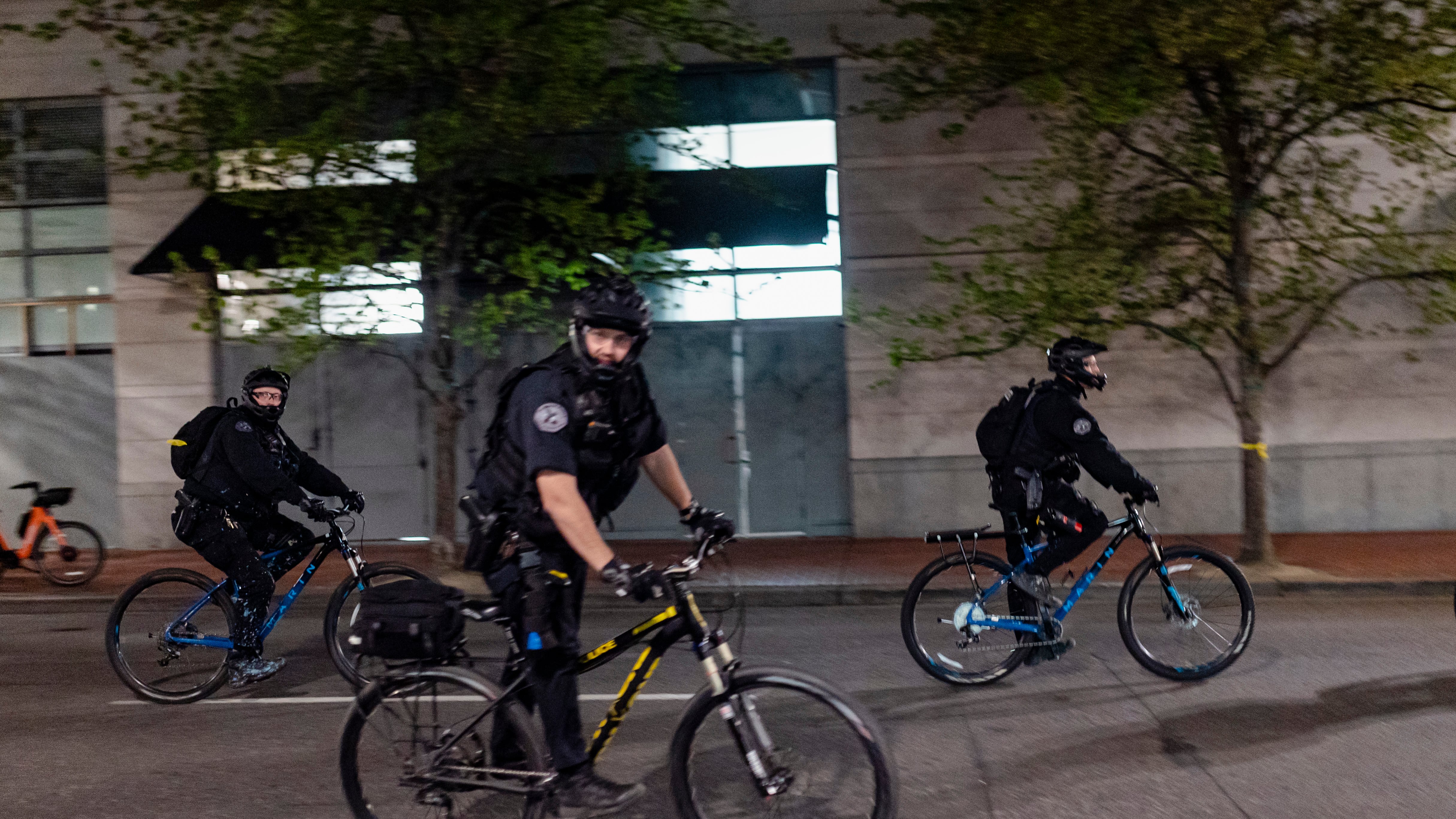The Oregon Legislature on Monday afternoon passed Senate Bill 621, effectively paving the way for Portland to implement a police oversight board that voters passed by a 4-to-1 margin in the November 2020 election.
SB 621 amends state law pertaining to labor negotiations with public employee unions so that voter-approved police oversight boards can operate in “full force and effect” without being subject to mandatory collective bargaining. The bill passed in the Senate in early April.
“The board is a culmination of 30-plus years of work by a large and diverse coalition of community members and leaders who have envisioned a better way for the Portland Police Bureau and community to work together,” Rep. Maxine Dexter (D-Portland), who carried the bill during its third reading, said on the House floor June 7. “Ultimately, it is felt that the state shall not stand in the way of a city’s people to determine for itself the best path to support their public safety needs.”
SB 621, which passed with 37 ayes and 19 nays in the House on Monday, was born out of the November passage of Ballot Measure 26-217, championed by City Commissioner Jo Ann Hardesty.
The measure enshrined in Portland’s city charter a police oversight board that has the authority to investigate officers, compel officer testimony and other witness statements, subpoena documents, and take final disciplinary action against cops—including firing them.
But state law added a hurdle to the implementation of the oversight board: Oregon labor law says the disciplinary process for public employees must be decided through collective bargaining. That put the board’s survival in a fragile position, because it would become the subject of mandatory bargaining between the city and the Portland Police Association, which staunchly opposed the measure.
Today’s passage of SB 621 removes that hurdle.
“When we proposed Measure 26-217 to voters last November, we were honest that there were additional steps needed to ensure the new independent police oversight board would be the best it can be,” Hardesty tells WW. “I’ve remained committed to that process, and I’m thrilled to see this next step is complete.”
Darren Golden, who lobbied for SB 621 on behalf of the Real Police Accountability PAC, also worked as a campaign manager for Measure 26-217.
“I am thankful that the elected leaders of our state chose to make certain that democracy in its truest form would not be disrupted by dated statutes on the books,” Golden says. “This bill will ensure that the long arc of justice will continue to bend in favor of the people.”
The Portland Police Association did not respond to a request for comment.

